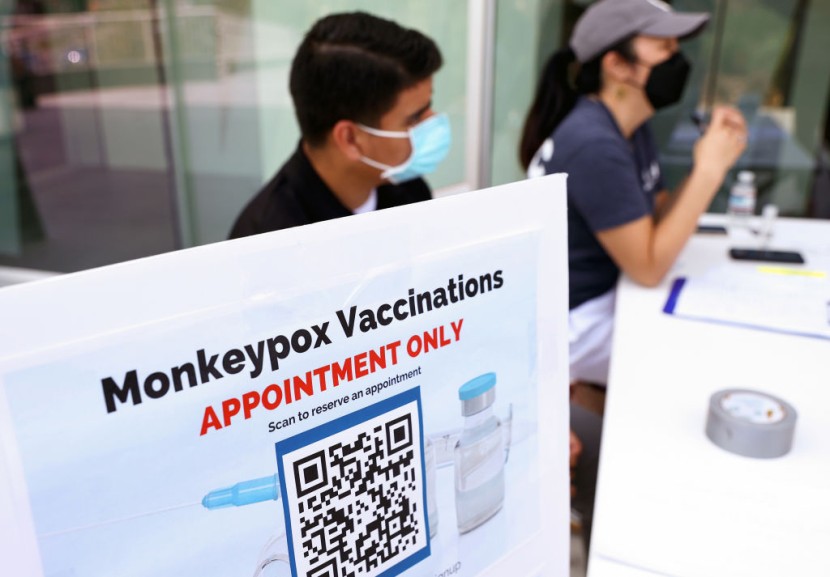
According to the World Health Organization (WHO), China is mostly responsible for the increase in reported mpox cases worldwide in September.
In the week ending September 10, there was a worldwide rise of 328% in the number of cases recorded per week. More than 500 new cases have been identified in China in August, contributing heavily to the global increase.
WHO said the virus has undergone "sustained community transmission" in China after first being discovered as an imported case in September of last year.
Rising Mpox Cases in China
According to The Guardian, Chinese health officials confirmed the first domestic outbreak of the illness in July, reporting 106 new cases since June. Since then, the number of reported cases has skyrocketed by more than 400%, and experts believe the real figure is likely far higher.
The virus has mostly been detected in men who have sex with other men. But in August, five women tested positive for the condition, raising worries that it may be spreading more broadly.
As of this past Wednesday, September 20, the Chinese government has begun treating mpox according to the same standards as Covid-19. This allows them to take immediate action, such as limiting public meetings, to prevent the spread of the illness.
LGBTQ+ Facing Challenges
In recent years, LGBTQ+ activists in China have been under growing pressure, diminishing their capacity to campaign and heightening the societal stigmatization of LGBTQ+ persons. This, according to the experts, might discourage individuals from being checked.
Mainland China lacks access to vaccinations despite reports in official media of progress on a homegrown vaccine. Medical sociologist Chuncheng Liu has pointed out that frightening people is not the right way to urge them to ask for assistance.
Even though the Chinese Center for Disease Control and Prevention (CDC) has been releasing reports about mpox and there is unedited information on social media about how to recognize signs, Liu told The Guardians that LGBTQ+ people might not be following those accounts. The issue is not related to data or a single message, rather about finding the best way to get the word out to the public.
Outright International, a New York City-based LGBTQ+ rights group, released a report in September claiming that the Chinese government was cracking down on activists. One anonymous activist claimed police told them to "just focus on providing services like HIV prevention and care."
Early on, several LGBTQ+ organizations framed their argument with the government as one of public health rather than political rights, emphasizing the need to raise awareness about HIV/Aids.
Mpox was once referred to as Monkeypox. However, in 2022, the term was changed by WHO in an attempt to combat prejudice and stigma.








